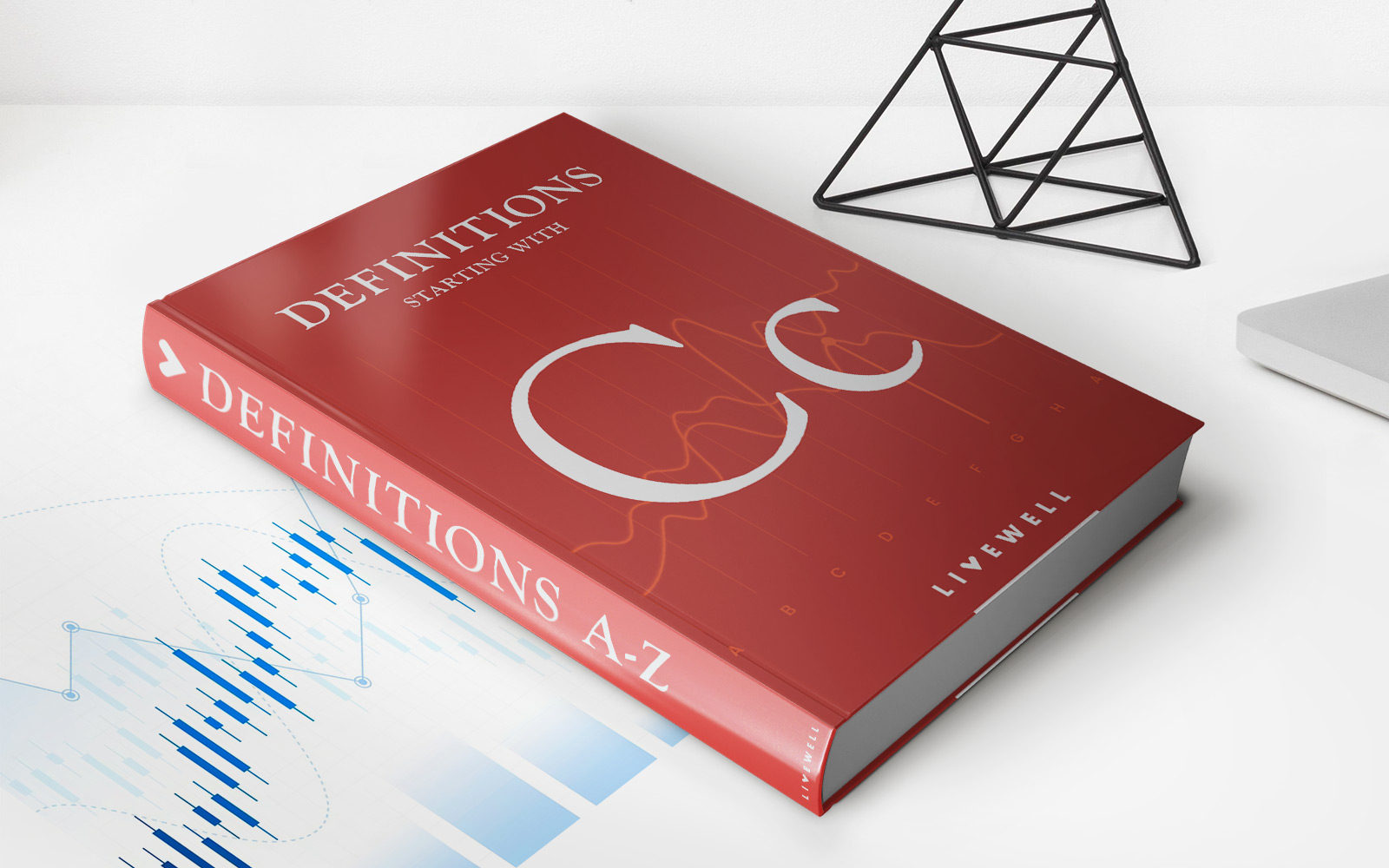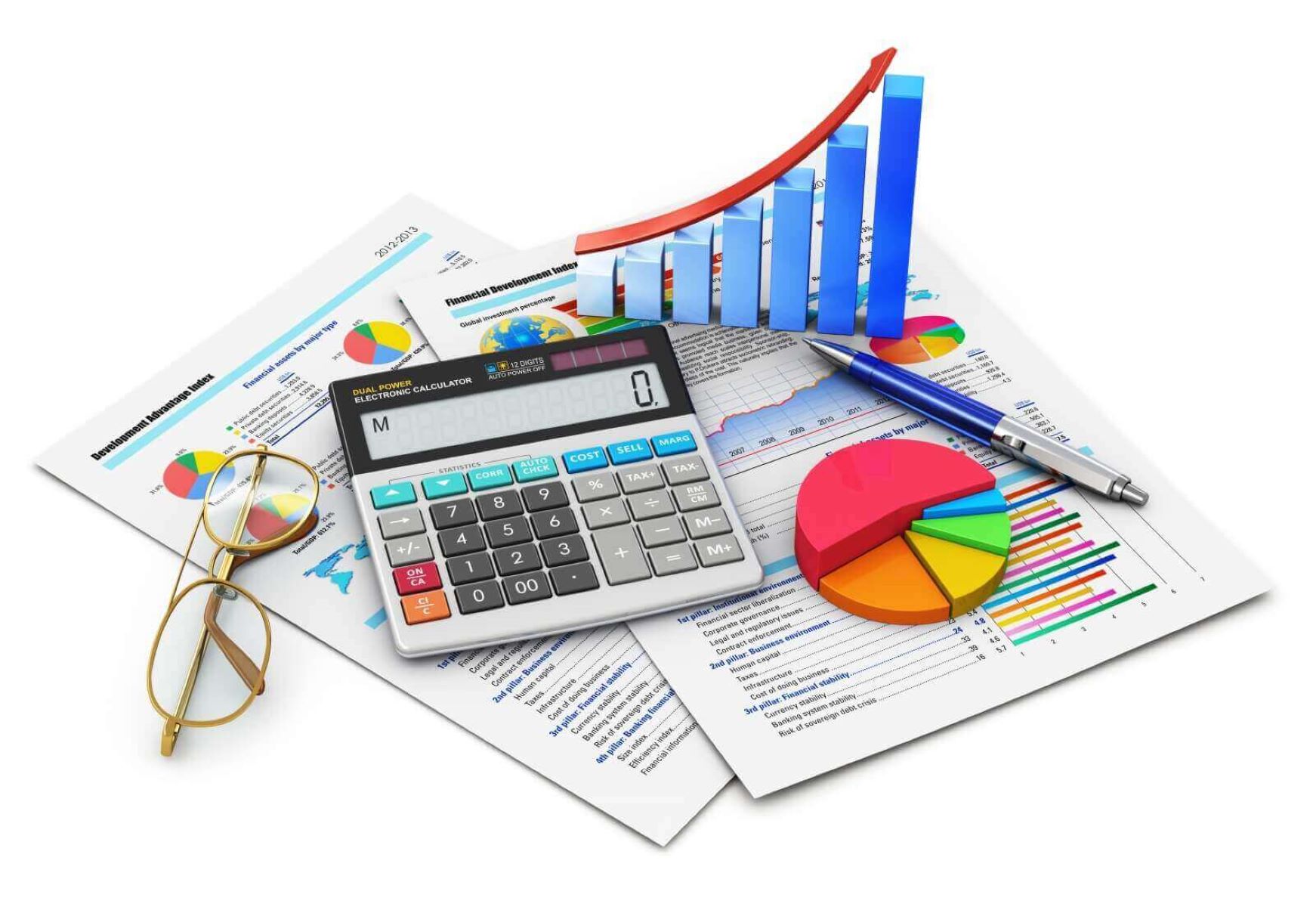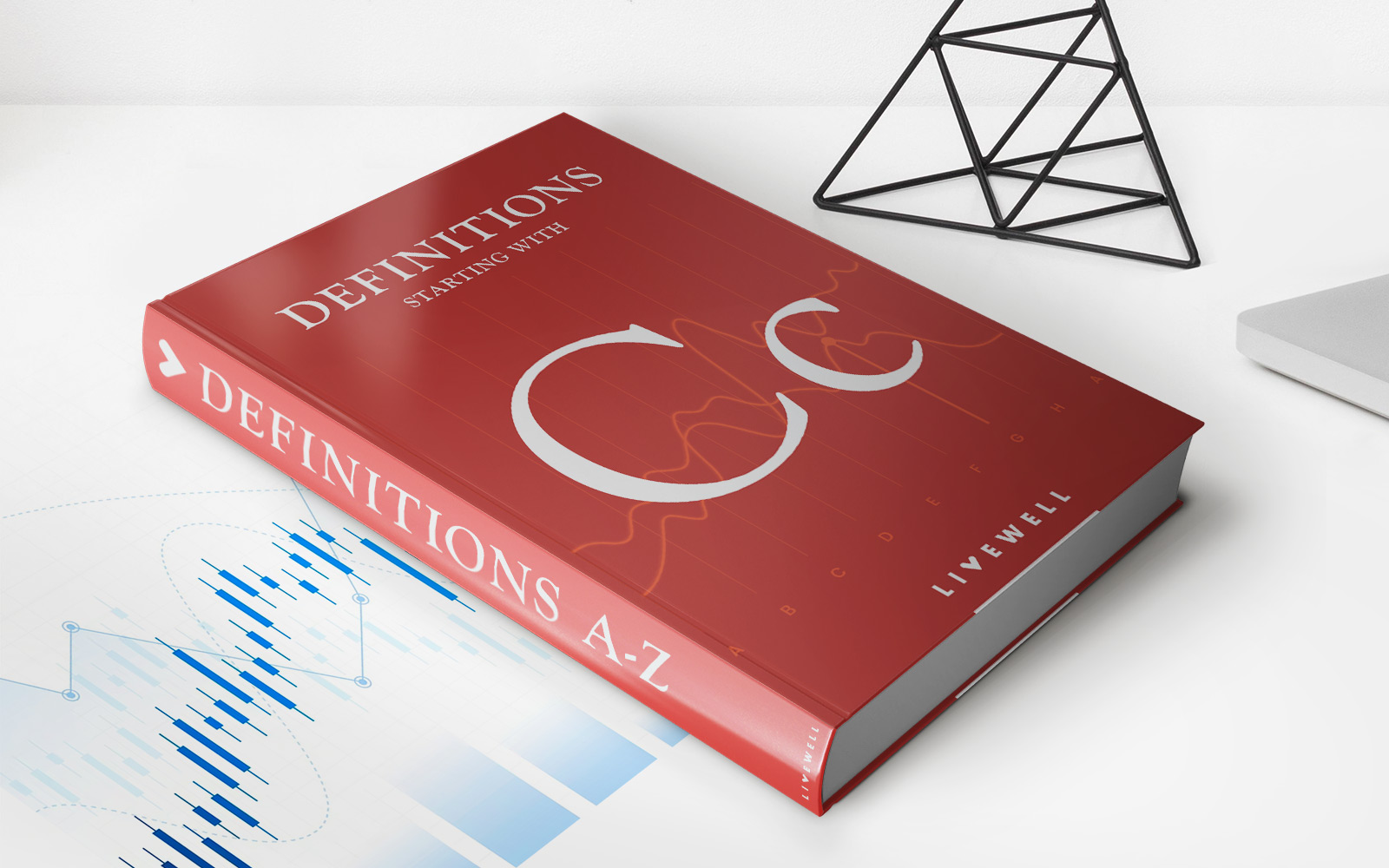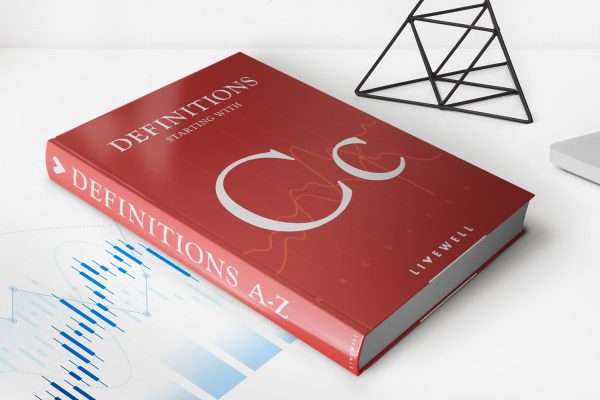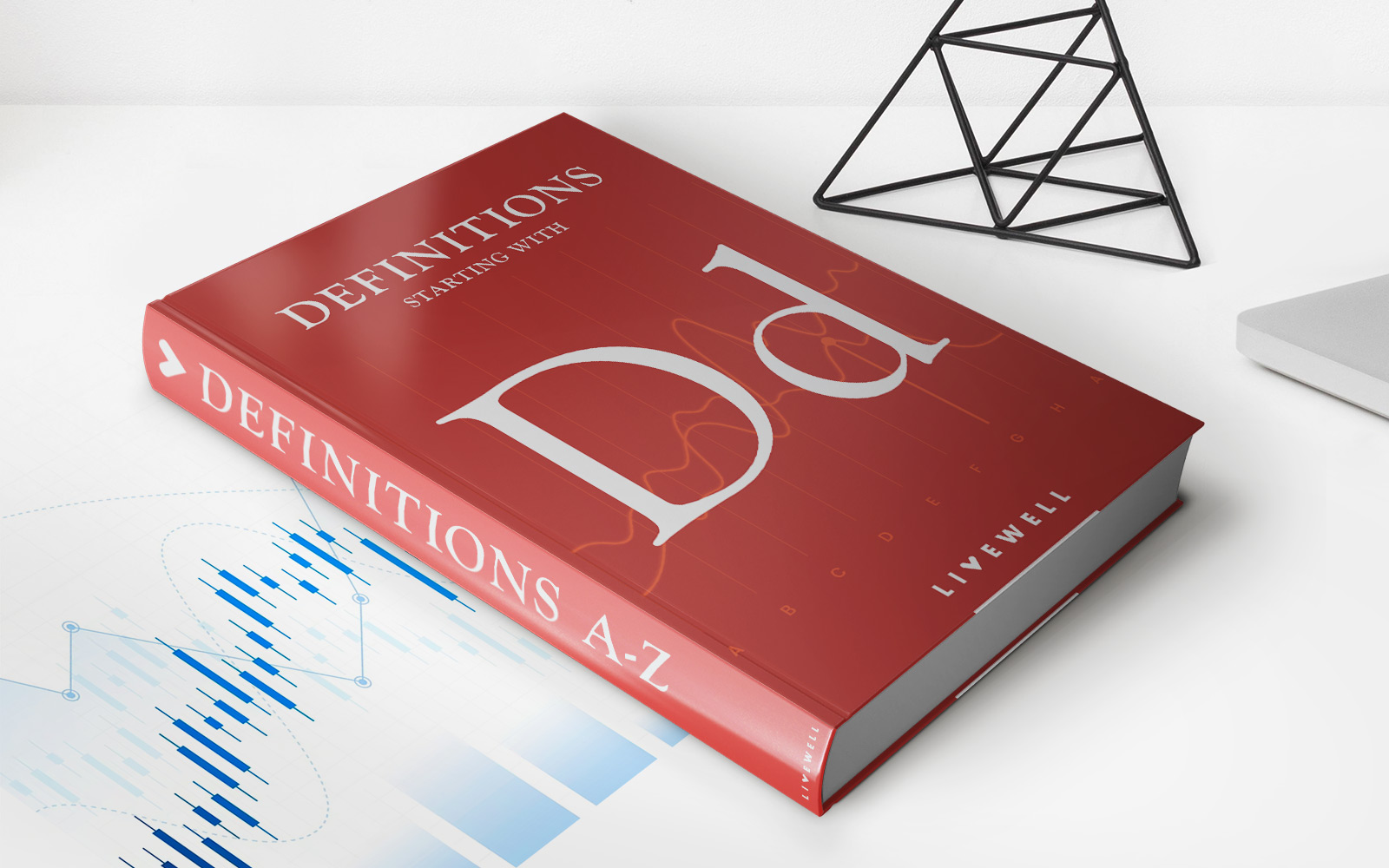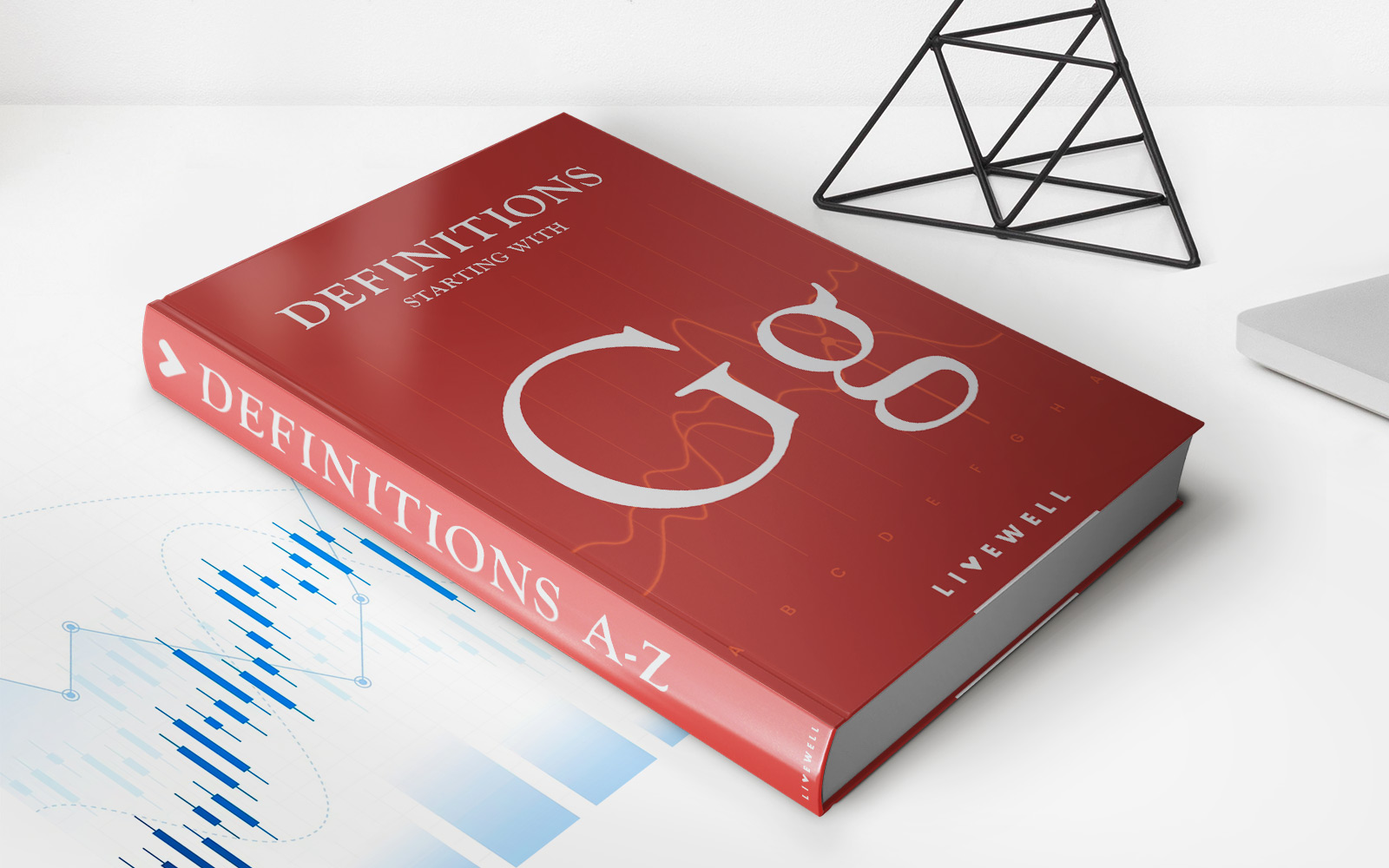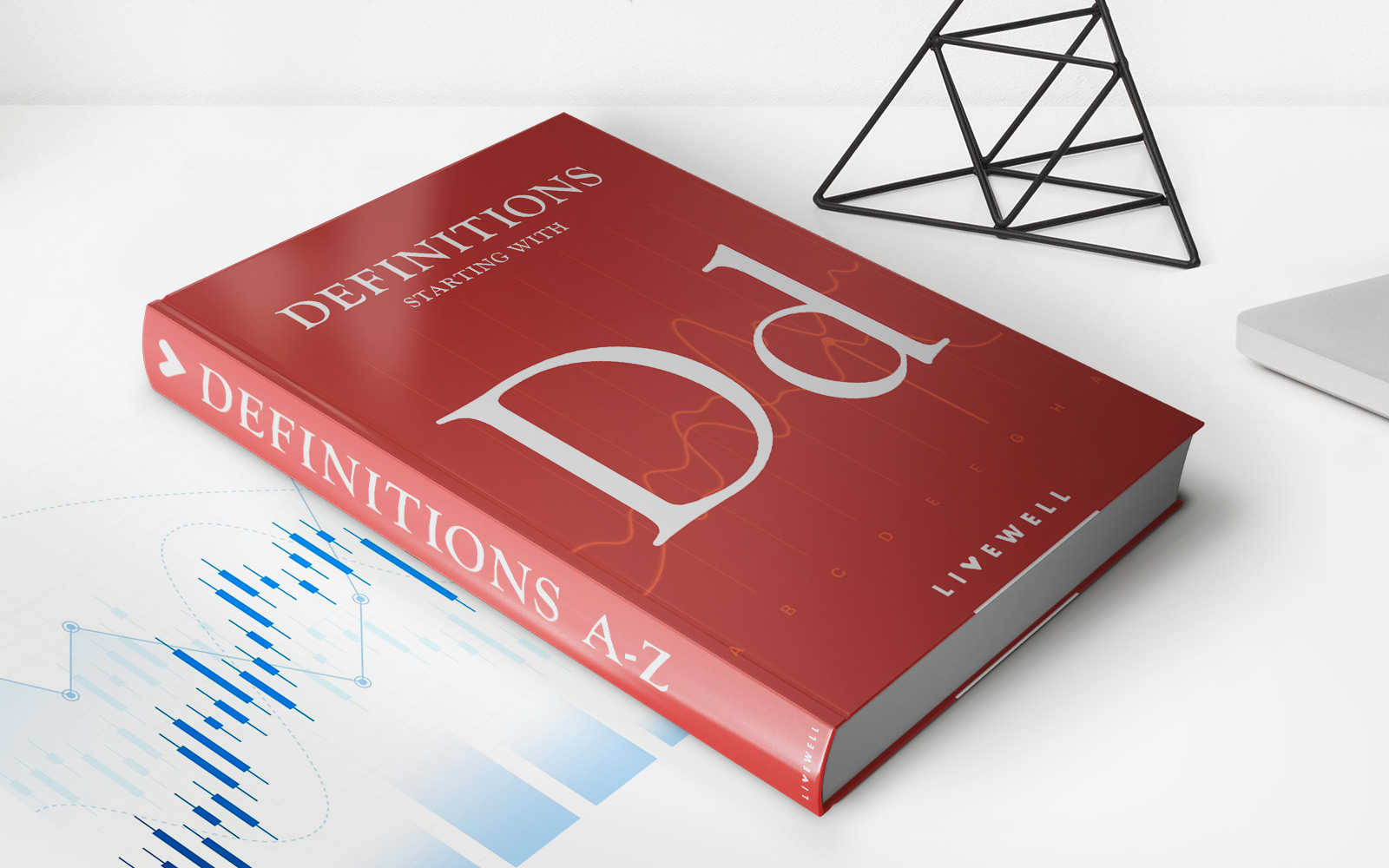

Finance
Discrete Compounding Definition
Published: November 12, 2023
Learn about discrete compounding in finance and how it affects your investments. Understand the concept of compounding interest and its importance for financial growth.
(Many of the links in this article redirect to a specific reviewed product. Your purchase of these products through affiliate links helps to generate commission for LiveWell, at no extra cost. Learn more)
Discrete Compounding Definition: Understanding the Power of Time and Interest
Welcome to the world of finance, where the principles of time and interest can work wonders. In this blog post, we will delve into a concept called “Discrete Compounding” and explore its definition, significance, and practical applications. By the end of this article, you’ll have a clear understanding of this concept and how it can make a difference in your financial journey.
Key Takeaways:
- Discrete compounding involves the calculation of interest on an investment or loan at specific intervals.
- Understanding discrete compounding helps in making informed financial decisions and maximizing returns.
So, what exactly is discrete compounding? Unlike continuous compounding, which calculates interest on a continuous basis, discrete compounding occurs at specific intervals. These intervals could be yearly, semi-annually, quarterly, monthly, or even daily, depending on the terms of your investment or loan.
The power of discrete compounding lies in the fact that interest is added to the principal amount at each interval, resulting in exponential growth. Let’s say you invest $1,000 at an annual interest rate of 5% compounded annually. At the end of one year, you’ll have $1,050. However, if the same investment is compounded semi-annually, you will earn interest twice a year, resulting in $1,051.25 at the end of the year. The more frequent the compounding intervals, the greater the potential for growth.
Now that you understand the basic concept, let’s explore how discrete compounding can impact your personal finances:
1. Savings and Investments
Discrete compounding plays a crucial role in savings and investments. By understanding the compounding intervals offered by financial institutions, you can make informed decisions about where to invest your money. Consider the following:
- Compare compounding intervals: Different banks or investment options may offer different compounding intervals. Choosing an option with more frequent compounding intervals can help you grow your savings faster.
- Maximize returns: With discrete compounding, the more money you invest and the more frequently the interest is compounded, the greater your returns will be. Explore investment opportunities that offer higher compounding frequency, such as certificates of deposit or high-yield savings accounts.
- Time is your ally: The longer you leave your money invested, the more time it has to grow through the power of compounding. Start saving early and enjoy the benefits of discrete compounding over time.
2. Loans and Debts
Discrete compounding is not just relevant to investments, but also to loans and debts. Understanding how interest is compounded can help you make smarter decisions when it comes to borrowing:
- Review loan terms: When comparing loan options, pay attention to the compounding periods. A loan with a lower interest rate but more frequent compounding intervals may end up costing you more in the long run.
- Avoid debt traps: By understanding how interest accumulates, you can make calculated decisions about taking on new debts. The compounding effect can quickly spiral out of control, so it’s essential to manage your debts responsibly.
- Save on interest payments: If you have outstanding debts, consider making extra payments more frequently. This reduces the compounding periods, resulting in lower interest payments over time.
In conclusion, discrete compounding is a foundational concept in finance that has a substantial impact on savings, investments, loans, and debts. By understanding the power of time and interest, you can make informed financial decisions and take full advantage of the compounding effect. So, whether you’re saving for retirement or managing your debts, keep discrete compounding in mind as a crucial tool on your financial journey.
